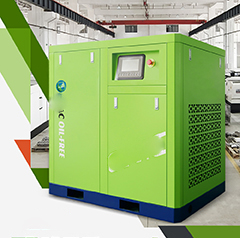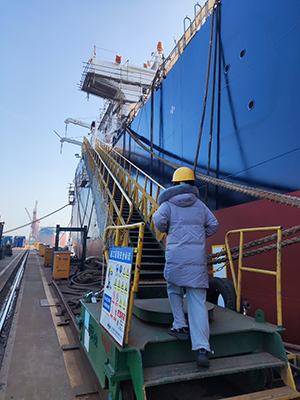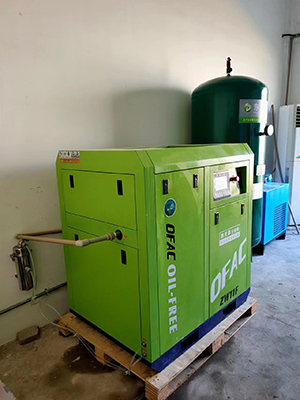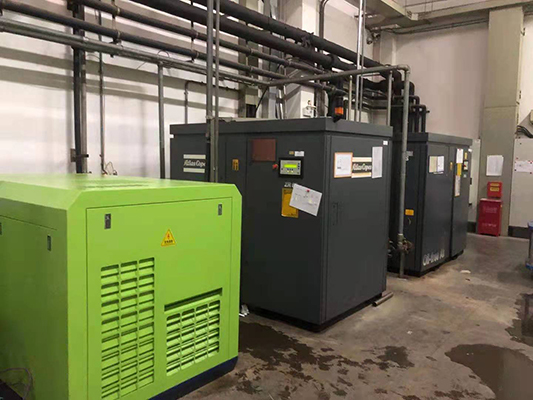Rotary Screw Air Compressor Applications in Manufacturing
News 2025-10-24
Rotary screw air compressors are essential equipment in the manufacturing sector, delivering consistent and high-volume compressed air that drives a wide array of industrial processes. These compressors utilize two interlocking screws to compress air efficiently, offering superior reliability and performance compared to traditional piston-based systems. They are particularly valued for their ability to operate continuously with minimal downtime, making them ideal for demanding production environments where air power is critical for tasks like material handling, tooling, and automation.

Key Applications Across Manufacturing Industries
Rotary screw air compressors play a vital role in various manufacturing settings. In automotive assembly, they power pneumatic tools for welding, riveting, and painting, ensuring precise and efficient operations. The food and beverage industry depends on them for packaging, conveying, and sanitation processes, where oil-free models prevent contamination. Similarly, in electronics manufacturing, these compressors supply clean, dry air for circuit board assembly and testing, helping maintain high product quality and reducing defect rates in sensitive production lines.
Performance Benefits in Industrial Use
These compressors excel due to their energy efficiency and robust design, which minimize operational costs over time. They provide a steady air flow with less heat generation, extending the lifespan of connected machinery and reducing maintenance intervals. Their compact size and quiet operation allow for easy integration into space-constrained facilities, while features like variable speed drives enable better control and adaptability to fluctuating demand, optimizing energy use without compromising output.
Significance in Streamlining Manufacturing Processes
In manufacturing workflows, rotary screw air compressors contribute to overall efficiency by supporting automation and reducing production bottlenecks. They ensure reliable air supply for critical systems, such as robotic arms and conveyor belts, which enhances throughput and accuracy. By promoting sustainable practices through lower energy consumption, they help companies meet environmental regulations and improve cost-effectiveness, ultimately fostering innovation and competitiveness in the evolving industrial landscape.


